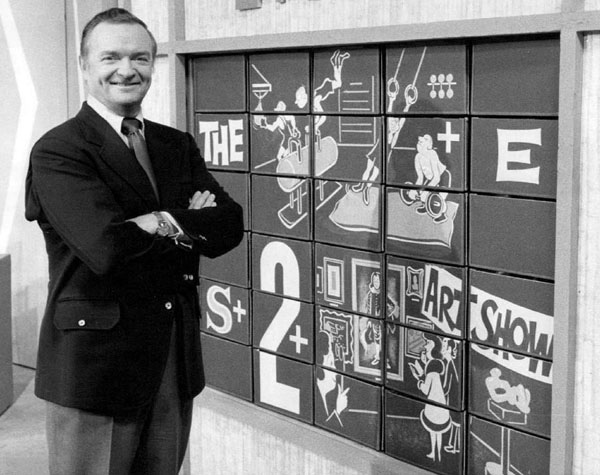Couth, Plussed, and Chalant: Six Words that Need Antonyms
(Image via flickr)
If Newton had written the rules of grammar, things would be a lot simpler: For every adjective, there exists an equal and opposite antonym. Alas, our gem of a language was not carved by any kind of linguistic intelligent design, but rather kind of rock-tumbled into a reasonably workable lexicon by years and years of regular dopes talking and writing.
Sadly, in the dance of English parlance, some words don’t have a partner (the technical term for this is unpaired words). But don’t despair: the power is in your hands (and mouth) to bring back (or invent) a mirror-perfect companion for every sad lexical singleton. Here are six excellent opposites to start throwing around.
Couth, adj. Sophisticated, urbane.
Prepare to be bored: uncouth comes from the Old English roots “un” (meaning “not”) and “cuð” (the past participle of “cunnan,” “to know”). As was typical of provincial attitudes in the Middle Ages, anything unknown left a bad taste in the mouth (the Anglo-Saxons weren’t really trusting types), and modern speakers have imported this off flavor to the word we use today. My proposed pairing would mean the inverse, i.e. someone savvy (a word that comes from the French word for “to know!” How poetic). Couth people are in the know and on top of things. Hapful, if you will.
Plussed, adj. Enlightened, reassured.
This one is tricky to get your head around, because it probably doesn’t mean what you think it means. The original word sounds cool as a cucumber, but in reality nonplussed means “perplexed.” It comes from a Latinate borrowing of non plus, or “no more.” To be brought to a nonplus is to be stumped. Ergo, a nonplussed person is somewhat stymied—and a plussed one, we can therefore extrapolate, has much more yet to do.
Chalant, adj. Hot under the collar.
Nonchalance (best said with an outrageous French accent) is a cousin to plussitude (see above): you’re j-chillin’, feeling indifferent. Non, obviously, means “not,” and “chaloir” is a Middle French word meaning “to have concern for” but takes its literal meaning from the Latin calere “to be hot” (as in calorie!). So chalant types would logically be a little overheated about everything, which means they’re probably not at all…
Shevelled, adj. Done up all fancy-like.
Sorry, baldies: only the hirsute can lay claim to this state of chic. When negative prefix dis meets the Old French chevel, “hair” (not to be confused with cheval, “horse,” especially if you had my high school French teacher), you get the bare-headed state of disarray that’s so maligned in the word we use today. Flipping it on its head, we get shevelled: someone who’s hair’d it up and lookin’ fly.
Nocent, adj. Guilty.
Open-and-shut case, this: nocere in Latin means “to harm.” Didn’t do it? You’re in-nocent. But if you’re the perp? Nocent as charged.
Ruthful, adj. Kind.
The Biblical Ruth was a nice lady, but she’s got nothing to do with this one. The noun ruth (lower-case r), comes from the crazy-ass Old Norse word hryggð, meaning “sorrow or remorse,” which is not something the Vikings exactly had in spades. A ruthless bunch, nothing like the kinder, gentler Scandinavians of today. Ruthful was actually used until the late 17th century, when it mysteriously and unfairly fell out of fashion. Use it again and act the linguistic hipster: I liked ruthful before it was cool.

Blair Thornburgh
BLAIR THORNBURGH is a graduate of the University of Chicago, where she earned a B.A. in medieval studies and delivered a pretty good commencement speech. She lives in Philadelphia.


